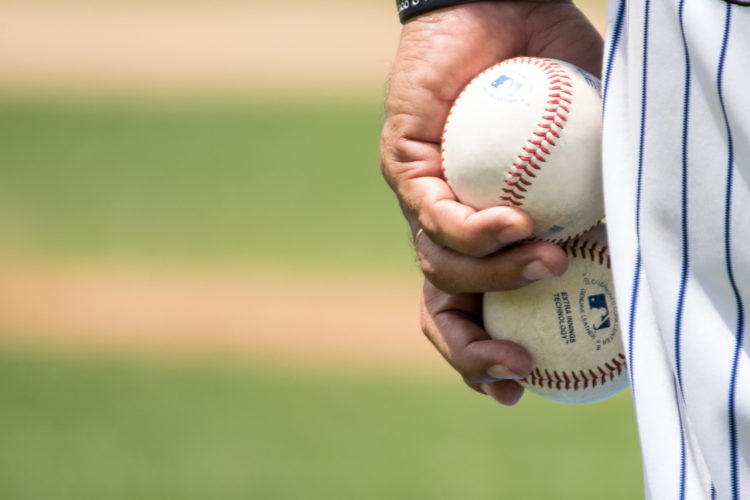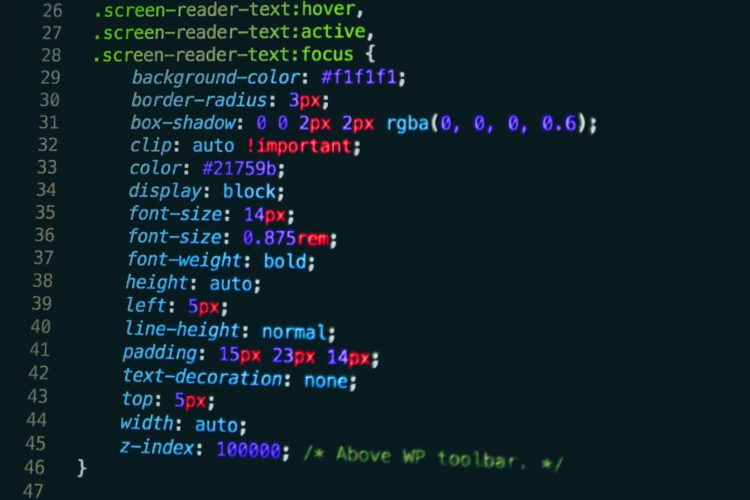Jerry Seinfeld was wrong when he claimed public speaking is our #1 fear. I’m pretty sure we’re more afraid of having our decisions scrutinized. Adding to the fun, now algorithmic decisions are under pressure too. It is rather painful to have decisions second-guessed before the numbers come in, and even worse if things go pear-shaped. […]
How we decide is no less important than the data we use to decide. People are recognizing this and creating innovative ways to blend what, why, and how into decision processes. 1. Apply behavioral science → Less cognitive bias McKinsey experts offer excellent insight into Behavioral science in business: Nudging, debiasing, and managing the irrational […]
1. Recognize bias → Create better algorithmsCan we humans better recognize our biases before we turn the machines loose, fully automating them? Here’s a sample of recent caveats about decision-making fails: While improving some lives, we’re making others worse. Yikes. From HBR, Hiring algorithms are not neutral. If you set up your resume-screening algorithm to […]
Our founder, Tracy Allison Altman, will talk about cognitive bias and behavioral economics for software design @ Papers We Love – Denver. Tversky and Kahneman’s classic “Judgment under Uncertainty: Heuristics and Biases” challenged conventional thinking about bias in decision making, inspiring new approaches to cognitive science, choice architecture, public policy, and the underlying technology. Join […]
1. Confusing correlation with causation is not the Cardinal Sin of data science, say Gregory Piatetsky (@kdnuggets) and Anmol Rajpurohit (@hey_anmol): It’s overfitting. Oftentimes, researchers “test numerous hypotheses without proper statistical control, until they happen to find something interesting and report it. Not surprisingly, next time the effect, which was (at least partly) due to […]
1. Human fallibility → Debiasing techniques → Better science Don’t miss Regina Nuzzo’s fantastic analysis in Nature: How scientists trick themselves, and how they can stop. @ReginaNuzzo explains why people are masters of self-deception, and how cognitive biases interfere with rigorous findings. Making things worse are a flawed science publishing process and “performance enhancing” statistical […]



